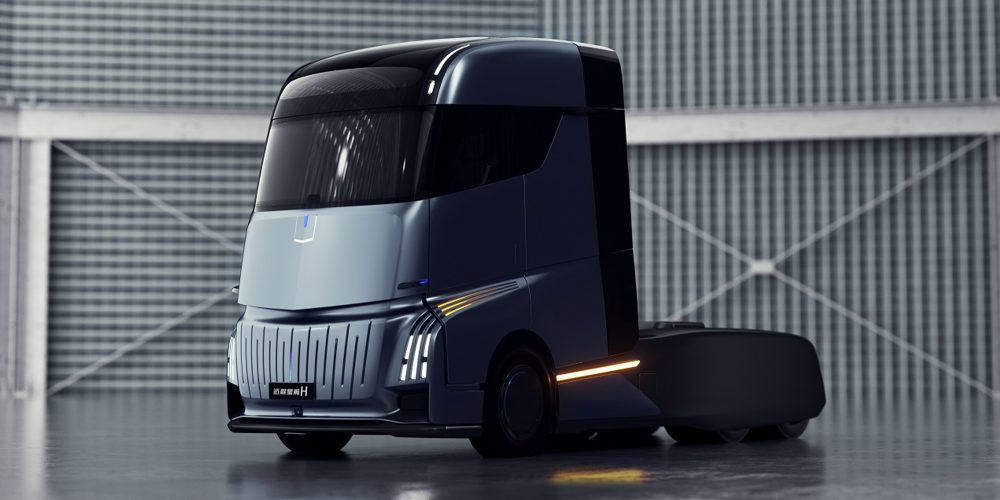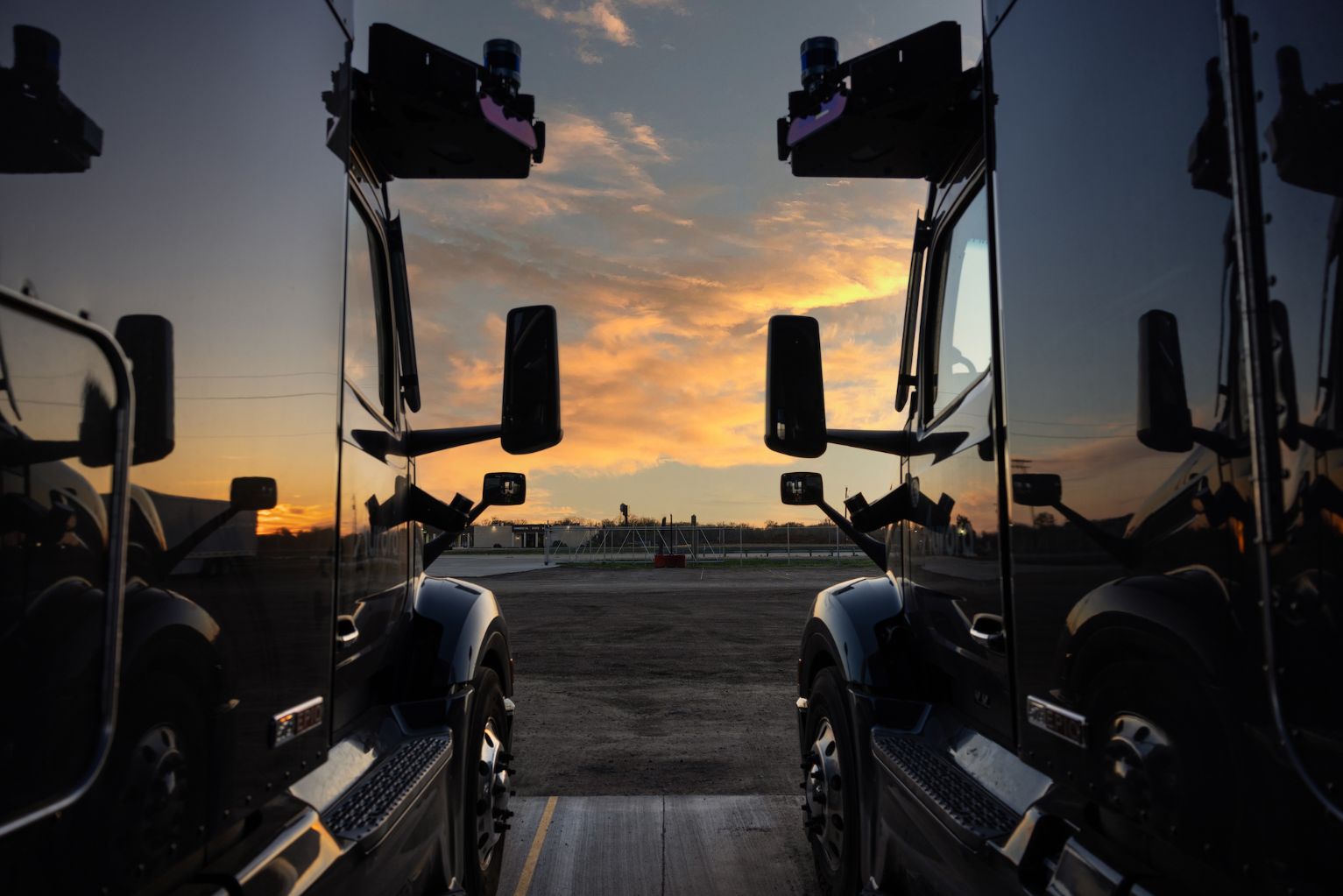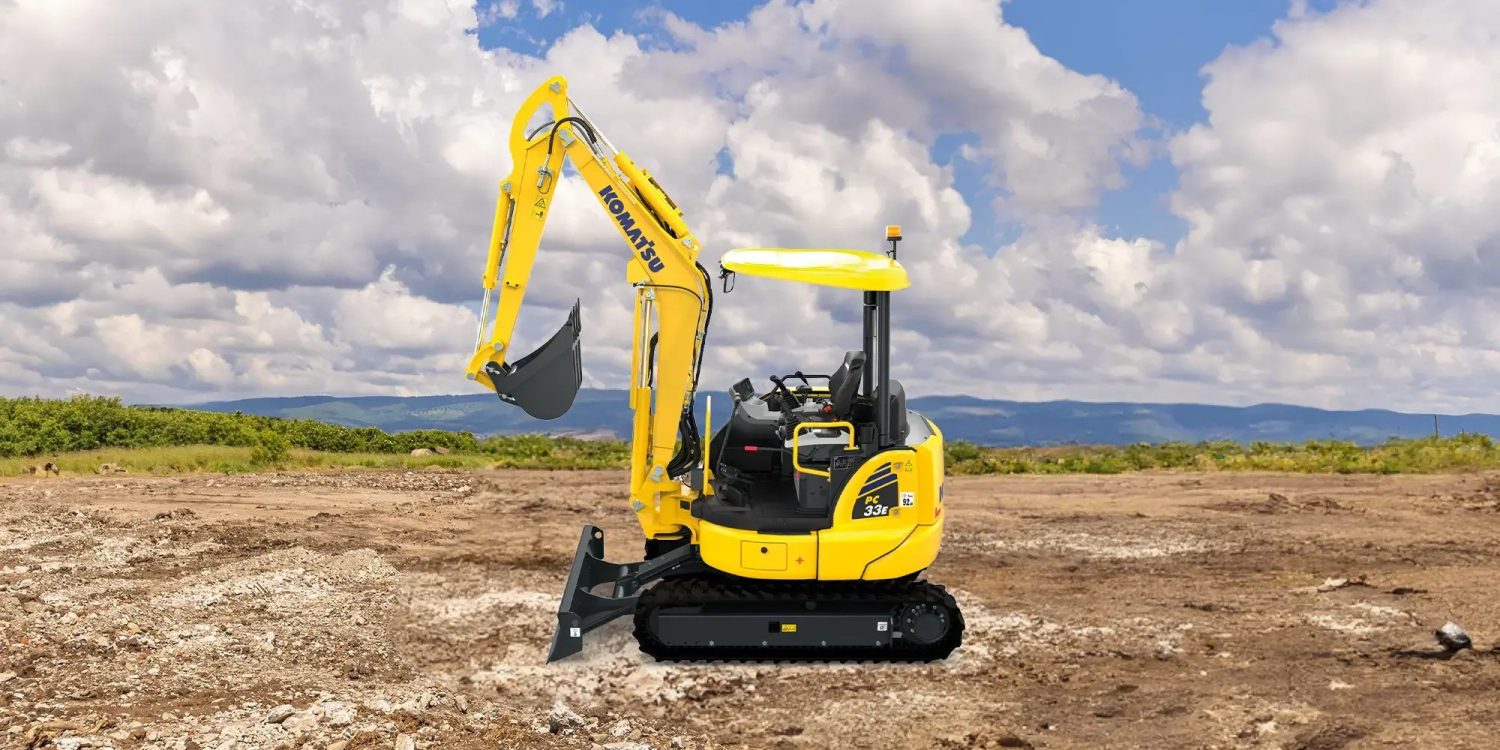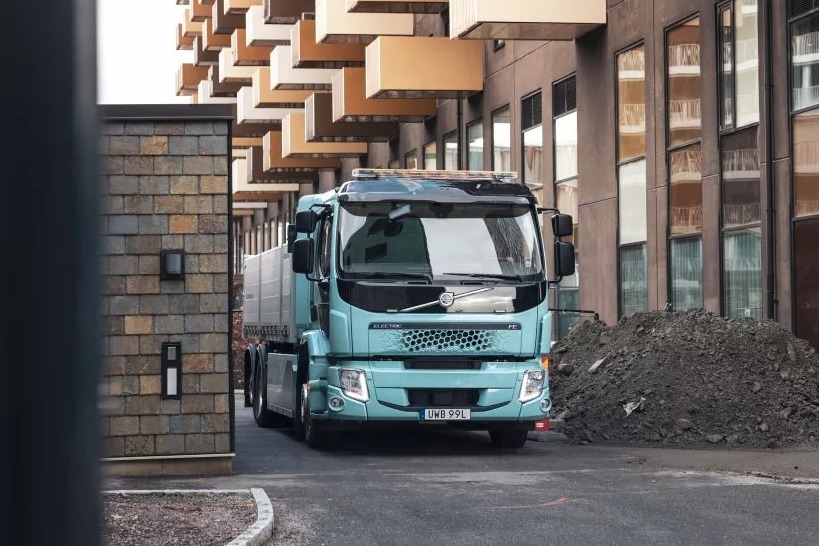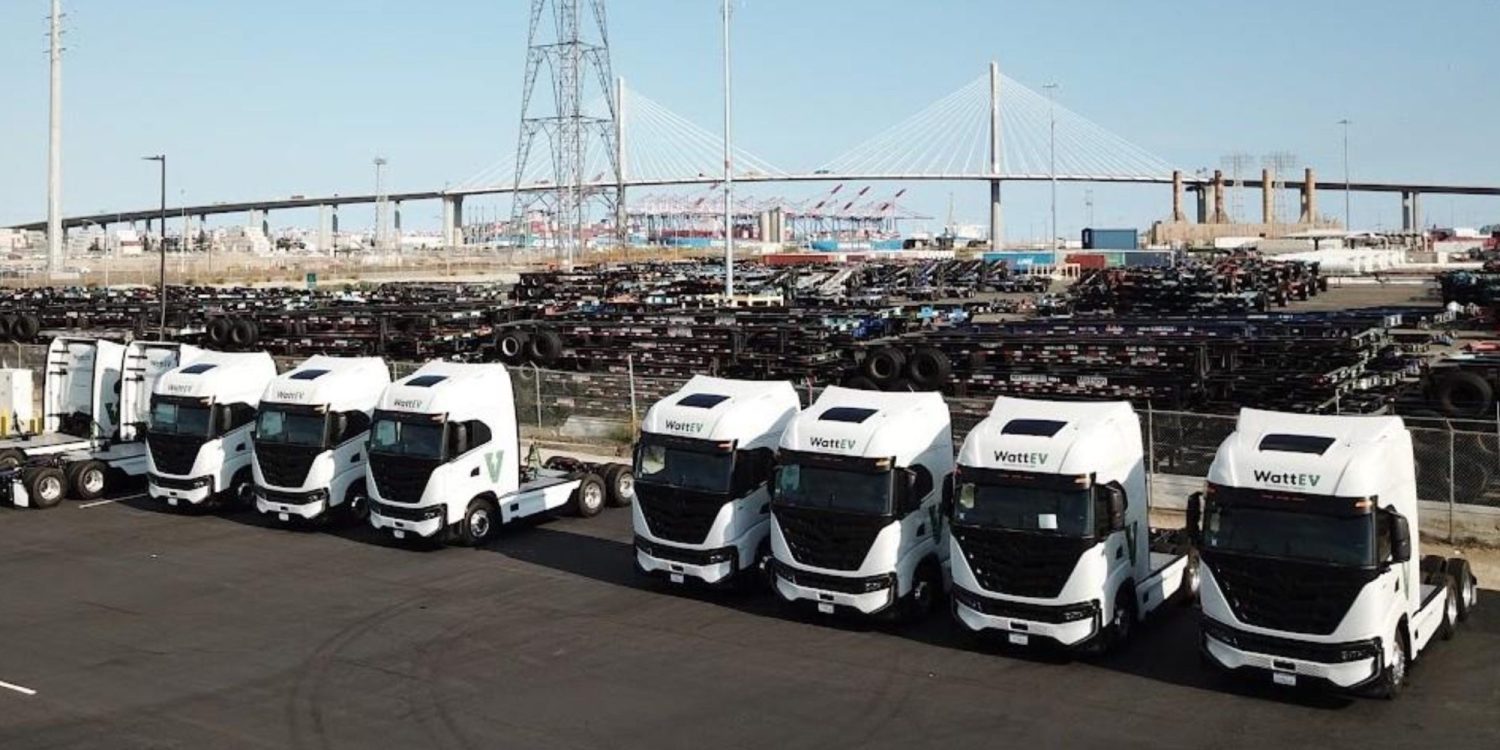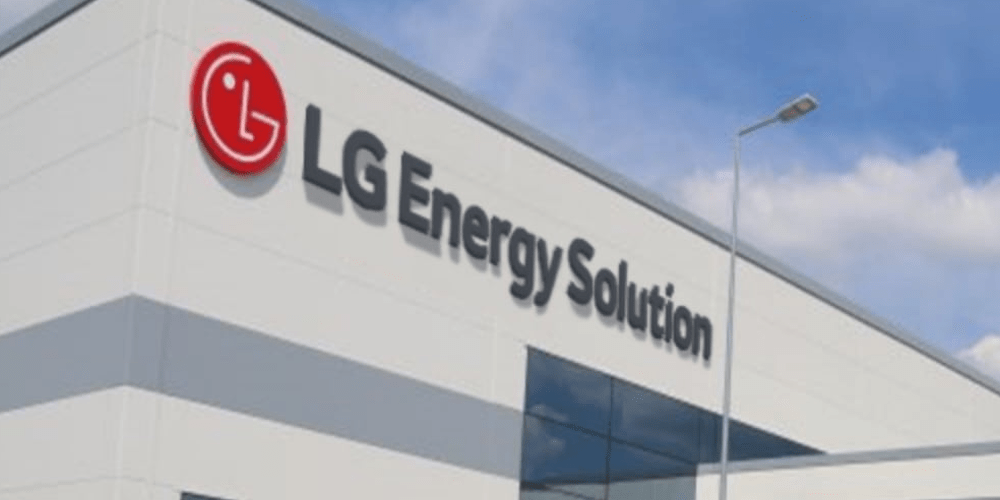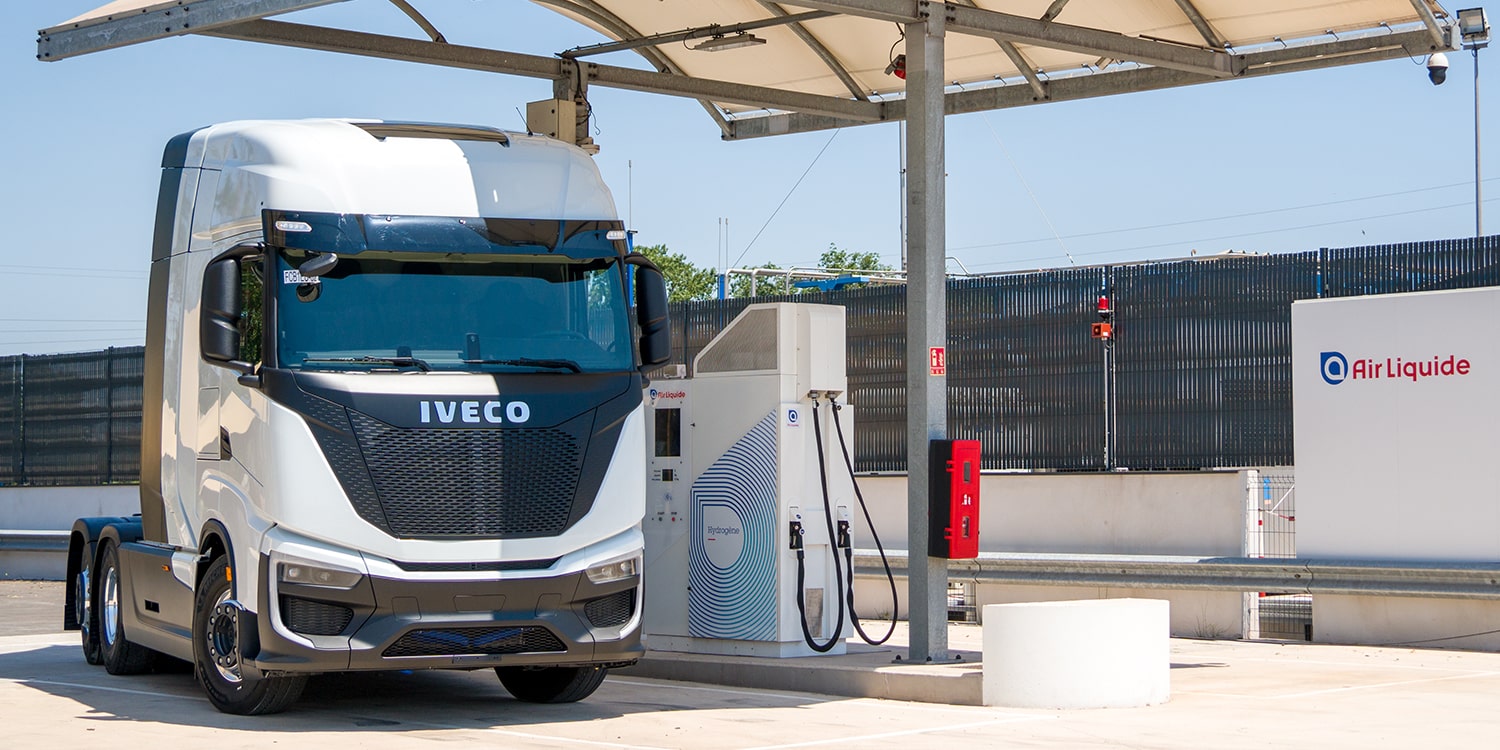China’s Farizon, a manufacturer of electric and hybrid trucks, has successfully secured $600 million in a Series-A funding round, as officially stated by the company. Farizon, which is under the ownership of Geely, a well-known automaker, is based in Hangzhou and specializes in producing and marketing hybrid and pure electric commercial vehicles.
According to the company, the newly acquired funds will be channeled towards advancing technology and product development, as well as expanding their operations beyond the borders of China. The Series-A funding round was led by Boyu Capital and Yuexiu Industrial Fund, and saw participation from other notable investors including United Clean Energy from Singapore and Linjiang Industry Group. This round follows the Pre-A round financing in October 2022, during which Farizon raised over $300 million.
Looking to extend its reach globally, Farizon is aiming to establish a significant presence in markets across Asia-Pacific, the Middle East, South America, and Europe. The company has placed special emphasis on Europe, where it plans to introduce its light electric cargo van named the “Super Van” as early as 2024. In this endeavor, Farizon will be competing with major players like Ford Motor’s e-Transit van.
The company’s ambition is to secure a place among Europe’s top three electric cargo van suppliers, leveraging the success and popularity of the Super Van. While Farizon commenced vehicle sales in 2016, it managed to sell approximately 37,800 light commercial vehicles in China during 2022, as reported by consultancy LMC Automotive. For the January-May period of the current year, the company has already sold 24,760 vehicles.
With an optimistic outlook for the future, Farizon anticipates total sales, both in China and internationally, to reach an impressive 150,000 vehicles this year. However, it is worth noting that the majority of its sales currently come from the domestic Chinese market. As the company continues to grow and expand its offerings, it is poised to play a pivotal role in the global electric and hybrid vehicle landscape.

